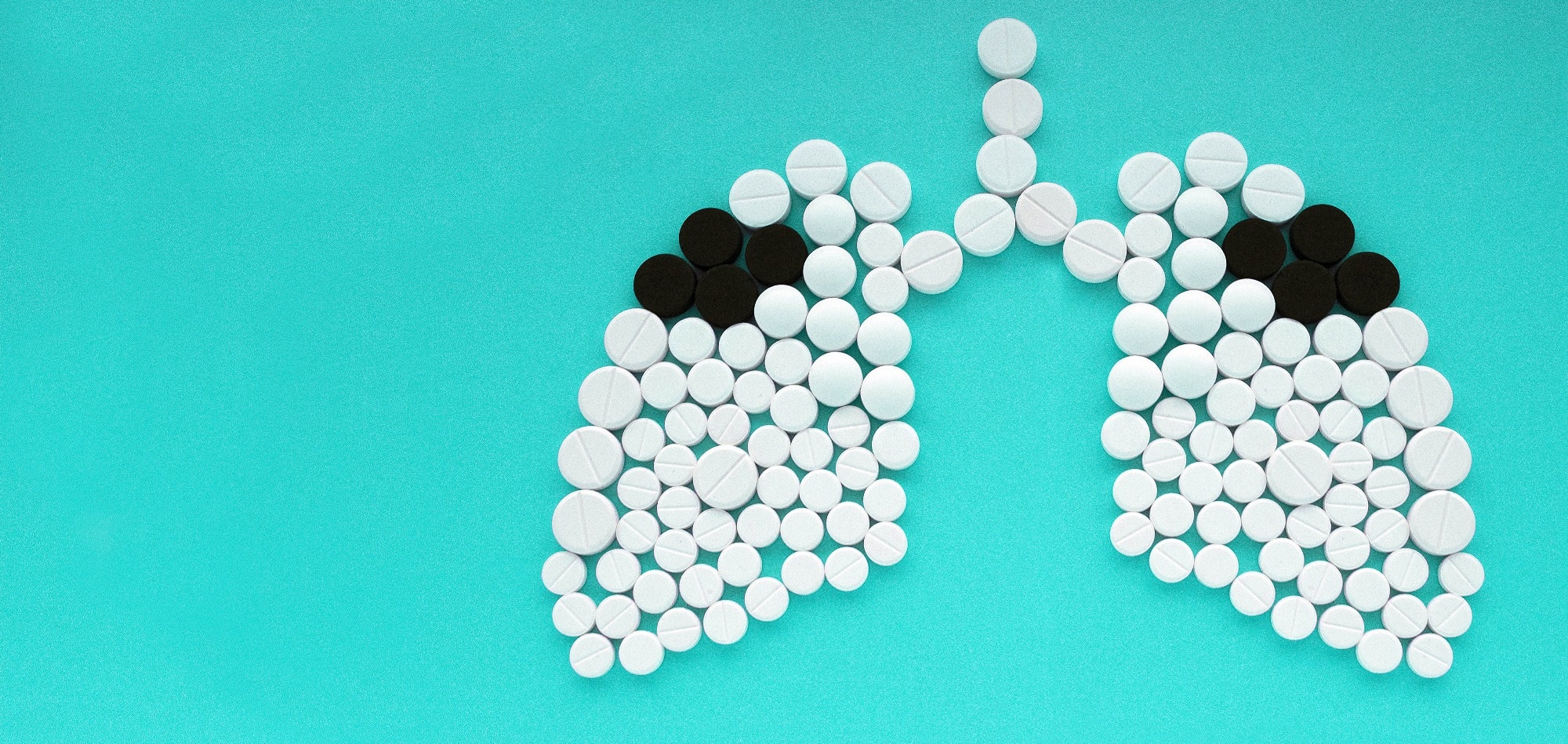The study found that only 44.2% of affected individuals achieved successful treatment outcomes, which is discouragingly low when accounting for the World Health Organization's (WHO) goal of achieving 75% treatment success.
 Study: Global treatment outcomes of extensively drug-resistant tuberculosis in adults: A systematic review and meta-analysis. Image Credit: LiliiaLysenko/Shutterstock.com
Study: Global treatment outcomes of extensively drug-resistant tuberculosis in adults: A systematic review and meta-analysis. Image Credit: LiliiaLysenko/Shutterstock.com
Background
Between 2020 and 2021, there were 450,000 new rifampicin-resistant tuberculosis cases worldwide, and the cases of advanced types of drug-resistant Tuberculosis are also rising.
Its treatment includes daily injections for 18 months or more, which makes it not only costly but tedious health condition to treat. Furthermore, treatment outcomes are poorer for cases of lesser drug-resistant strains of Mycobacterium tuberculosis.
About the study
In the present study, researchers extensively searched multiple databases, PubMed, Web of Science, Embase, etc., from 2005 till April 2023 to find studies that had cohorts of at least ten adults and reported WHO treatment outcomes of extensively drug-resistant tuberculosis patients based on the 2006 and 2021 WHO definition.
WHO updated the definition of extensively drug-resistant Tuberculosis in 2021. Which is defined as Tuberculosis caused by M. tuberculosis strains resistant to rifampicin, isoniazid, one fluoroquinolone, and a minimum of one group A drug, e.g., moxifloxacin.
Additionally, the last WHO report documenting drug-resistant tuberculosis treatment outcomes appeared last in 2019.
Now novel and promising treatment options for drug-resistant Tuberculosis have emerged, though access to healthcare and acquired drug resistance is still a concern. Thus, researchers aimed to determine the proportion of extensively drug-resistant tuberculosis patients who attained successful treatment outcomes up to 2023 using data published by WHO.
The researchers used the Newcastle-Ottawa Scale (NOS) and Jadad Scale to assess the risk of bias in included observational studies and randomized controlled trials (RCTs), respectively. The study outcomes were pooled proportions for successful and unsuccessful treatment outcomes for pre-extensively and extensively drug-resistant Tuberculosis.
To address the between-study heterogeneity, assessed using I2 statistics, they used a random-effects meta-analysis and applied logit transformation and inverse variance methods. They also used Clopper-Pearson CIs for individual studies.
Results
The authors identified 5,056 articles, of which they included 72, 22, 3, and 10 studies reporting drug-resistant tuberculosis outcomes extensively alone, both pre-extensively and extensively drug-resistant tuberculosis outcomes, outcomes that were not ratifiable based on resistance, and pre-extensively drug-resistant tuberculosis outcomes only, respectively.
Overall, they found 94 studies from 26 nations with a total sample size of 10,223 patients who suffered from extensively drug-resistant Tuberculosis.
Globally, only 44% of extensively drug-resistant tuberculosis-infected individuals achieved successful treatment outcomes, much less than the WHO's goal of 75% treatment success.
For patients with stratified data, this figure further fell to 27%, which makes the current situation comparable to the pre-antibiotic era.
Altogether, this suggests that during this past era of treating extensively drug-resistant Tuberculosis using poor regimens, treatment has not improved but rather stagnated, with the only exception being the WHO-endorsed bedaquiline, pretomanid, and linezolid (BPaL) therapy.
It is an oral, six-month regimen for highly drug-resistant Tuberculosis, where a patient receiving BPaL for 26 weeks typically attains a successful treatment outcome.
Encouragingly, implementing shorter, more tolerable, and effective treatment regimens with BPaL with or without moxifloxacin could improve treatment outcomes by up to 90%. Also, treatment outcomes slightly improved after 2013.
However, it is important to note that countries with high frequencies of drug-resistant Tuberculosis, such as Angola, Bangladesh, and Angola, might have fewer resources for tuberculosis surveillance and research, resulting in an overestimated treatment success.
The study also confirmed that some known risk factors, male gender, higher age, smoking, etc., lead to poor treatment outcomes for patients with drug-resistant Tuberculosis. Even human immunodeficiency virus (HIV) coinfection has a devasting synergistic effect on tuberculosis patients.
Conclusions
Even in this new era with new extensively drug-resistant tuberculosis definitions and promising treatment regimens, a continuous effort against drug-resistant Tuberculosis is important.
More importantly, clinicians\healthcare professionals and policy-makers should make the prevention and management of this deadly disease their highest priority.
Nonetheless, the study findings are a ready reference when evaluating treatment outcomes of extensively drug-resistant Tuberculosis among patients treated with BPaL and similar forthcoming regimens.
Journal reference:
-
Pedersen, O.S., Holmgaard, F.B., Mikkelsen, M.K.D., Lange, C., Sotgiu, G., Lillebaek, T., Andersen, A.B., Wejse, C.M. & Dahl, V.N. (2023) Global treatment outcomes of extensively drug-resistant Tuberculosis in adults: A systematic review and meta-analysis. Journal of Infection. doi: 10.1016/j.jinf.2023.06.014. https://www.journalofinfection.com/article/S0163-4453(23)00337-7/fulltext